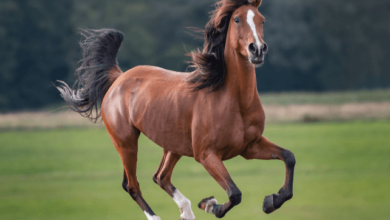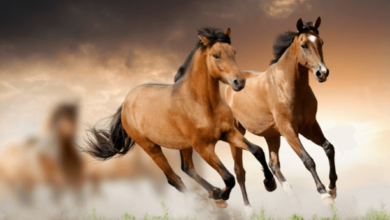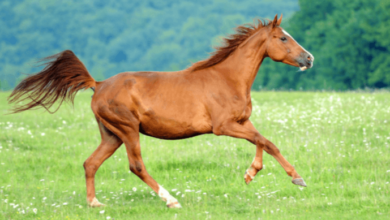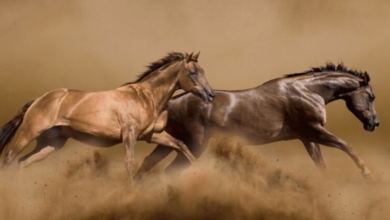How important is the role of a jockey in horse racing, and what qualities do you look for in a jockey?
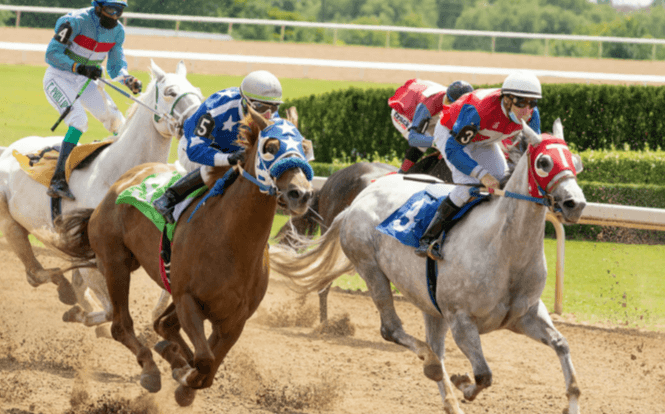
Introduction
Horse racing is a captivating sport where the synergy between horse and jockey is paramount to achieving victory. While the horse’s physical attributes and training are often highlighted, the jockey’s role is equally vital. A talented jockey can transform a race, leveraging their skills and strategic insights to steer the horse to success. This article explores the importance of a jockey in horse racing and the essential qualities that define a top jockey.
The Vital Role of a Jockey in Horse Racing
The jockey’s contribution to a race goes far beyond merely riding the horse. They must master the art of understanding the horse, interpreting the race conditions, and devising strategies to outmaneuver competitors. Their decisions, made in split seconds, can spell the difference between triumph and defeat.
Understanding the Track and Conditions
One of the primary roles of a jockey is to adapt to the track’s unique characteristics. Each race track varies in terms of surface, length, and turns. A jockey must quickly adjust their riding style to these conditions, ensuring that the horse can perform optimally.
Communication with the Horse
Effective communication with the horse is crucial. Jockeys must interpret the horse’s signals and respond appropriately to guide and encourage it throughout the race. This non-verbal communication, built on trust and understanding, significantly impacts the horse’s performance.
Race Strategy and Pacing
A jockey’s ability to strategize during a race is essential. They must know when to conserve the horse’s energy and when to make a decisive push. Understanding the horse’s stamina, the competitors’ tactics, and the race dynamics helps the jockey make informed decisions that can lead to victory.
Qualities of a Top Jockey
Not every jockey possesses the qualities necessary to excel. Here are the key attributes that distinguish a successful jockey:
Physical Fitness and Agility
Maintaining peak physical fitness is crucial for a jockey. They must balance a low weight with the strength and agility required to control a powerful horse. This demands a disciplined lifestyle and rigorous training regimen.
Mental Toughness and Decision-Making
The mental aspect of horse racing is just as important as the physical. Jockeys must remain composed under pressure, making quick, strategic decisions during the race. Mental resilience helps them stay focused and react effectively to unforeseen challenges.
Experience and Knowledge
Experience is invaluable in horse racing. Seasoned jockeys possess a deep understanding of different horses, tracks, and race strategies. This knowledge allows them to anticipate and react to situations more effectively than their less experienced counterparts.
Courage and Determination
Horse racing is inherently risky, requiring a significant amount of courage. Jockeys must be willing to take calculated risks to gain an advantage. Their determination and will to win drive them to push their limits and strive for victory.
Teamwork and Collaboration
A successful jockey works closely with trainers, owners, and other team members. Collaboration ensures that the horse is in optimal condition and that the race strategy is well-planned. A jockey’s ability to work as part of a team enhances their overall effectiveness.
The Impact of a Jockey on Race Outcomes
The jockey’s influence on race outcomes is profound. Their skill in enhancing the horse’s performance through expert riding, strategic planning, and effective communication often determines the race result. The synergy between horse and jockey is crucial for success.
Training and Preparation
A jockey’s training regimen is intensive. They must maintain peak physical fitness, refine their riding skills, and stay informed about the latest racing strategies and techniques. Continuous improvement and adaptation are essential in this highly competitive sport.
Building a Winning Relationship with the Horse
A winning relationship between a jockey and a horse is built on trust and understanding. Spending time with the horse, both in and out of the saddle, helps the jockey understand the horse’s personality and behavior, leading to better communication and performance on race day.
Notable Jockeys and Their Contributions
History is replete with examples of exceptional jockeys who have left an indelible mark on horse racing. Legends like Lester Piggott, Bill Shoemaker, and more recently, Frankie Dettori, have showcased the profound impact a top jockey can have on the sport.
Challenges Faced by Jockeys
Jockeys face numerous challenges, including the physical demands of maintaining race weight, the mental pressure of competition, and the inherent risks of injury. Overcoming these challenges requires resilience, dedication, and a passion for the sport.
The Future of Jockeys in Horse Racing
The role of jockeys continues to evolve with advancements in training techniques, technology, and horse breeding. Future jockeys will need to adapt to these changes, continuously improving their skills and knowledge to remain competitive.
What Owners and Trainers Look for in a Jockey
Owners and trainers seek jockeys who are not only skilled riders but also possess strong communication skills, a deep understanding of race strategy, and the ability to work well with the entire team. These qualities ensure the jockey can bring out the best in the horse.
The Business Side of Horse Racing
Horse racing is also a significant business, and the jockey plays a crucial role in the financial success of a racehorse. Winning races enhances the horse’s value, leading to better breeding opportunities and increased earnings for owners and trainers.
The Role of Jockeys in Different Types of Horse Racing
Different types of horse racing, such as flat racing, steeplechase, and harness racing, require specific skills and strategies. Jockeys must be versatile, adapting their techniques to excel in various racing formats.
The Ethics and Integrity of Jockeys
Maintaining high ethical standards and integrity is vital for jockeys. They must adhere to racing regulations, avoid unethical practices, and uphold the sport’s reputation. This commitment ensures fair competition and the long-term sustainability of horse racing.
How to Become a Jockey
Aspiring jockeys must undergo rigorous training, often starting at a young age. They need to develop riding skills, understand horse behavior, and gain experience through apprenticeships and lower-tier races before competing at higher levels.
The Importance of Continuous Learning and Adaptation
Horse racing is constantly evolving, with new techniques, technologies, and strategies emerging. Successful jockeys commit to continuous learning, staying updated with industry advancements and refining their skills to maintain their competitive edge.
FAQs
How do jockeys maintain their race weight? Jockeys maintain their race weight through a combination of strict diet, exercise, and sometimes extreme measures like saunas and dehydration before a race. They need to balance maintaining low weight with staying healthy and fit.
What role does a jockey play in training a racehorse? A jockey works closely with trainers to prepare the horse for races, providing feedback on the horse’s performance during workouts, helping to fine-tune training regimes, and building a strong bond with the horse.
How do jockeys communicate with their horses during a race? Jockeys use a variety of non-verbal cues, such as shifting their weight, using reins, and gentle leg pressure to communicate with their horse. These signals help guide the horse’s speed and direction during the race.



